Disclaimer: This blog post contains affiliate links. If you make a purchase through these links, I may earn a small commission at no additional cost to you. Learn More. Thank you for supporting our garden community.
Do Sunflowers Prevent Other Plants From Growing
Sunflowers, with their vibrant yellow petals and towering stems, have captivated gardeners and nature enthusiasts alike for centuries. However, it is unknown whether it is a myth or fact that sunflowers prevent other plants from growing nearby. In this blog post, we will delve into the topic of whether sunflowers truly possess such dominance and explore the science behind their association with stunted growth in neighboring plants.
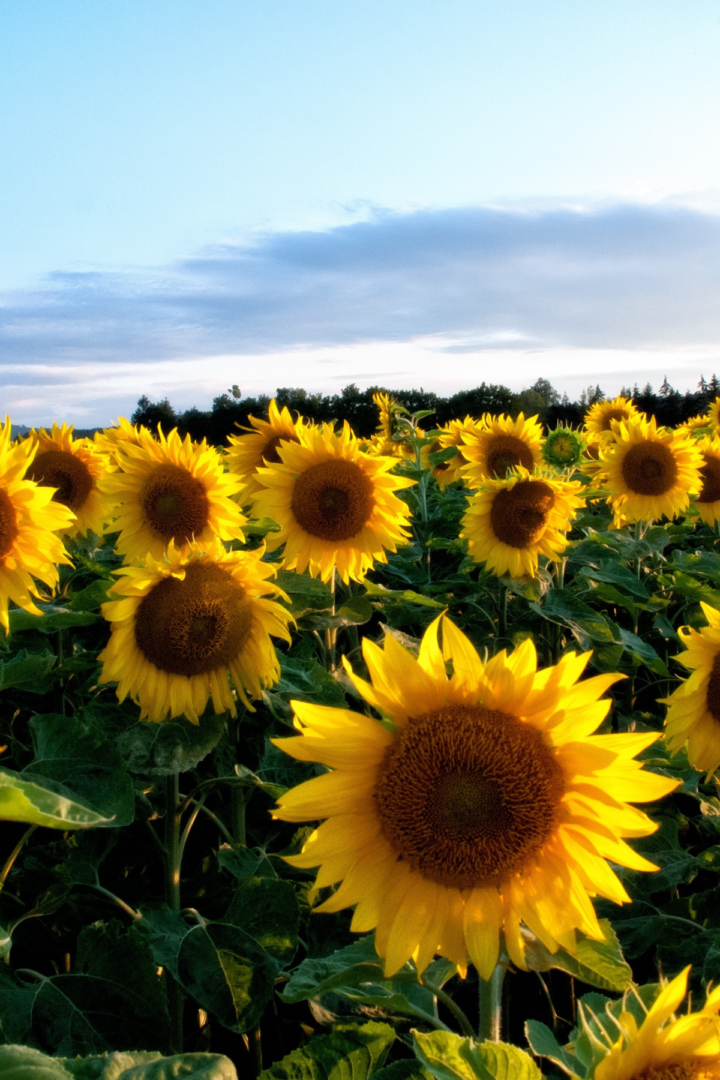
Knowing this feature of sunflower plants can help to save you lots of time in your garden.
Do Sunflowers Prevent Other Plants From Growing
In this blog post, you will learn about the common question surrounding sunflowers and their alleged ability to prevent other plants from growing. You will gain insight into the characteristics and benefits of sunflowers, including their ecological roles and unique features.
The concept of allelopathy and its potential impact on neighboring plants in relation to sunflowers will be explored, along with the varying scientific perspectives on this phenomenon. Lastly, we will discover strategies for promoting plant coexistence in the garden and maximizing the growth of different plant species alongside sunflowers.
Understanding Sunflowers
It is important to understand how sunflowers grow and their role in the environment before we can determine their allelopathic abilities

Description and Life Cycle
Sunflowers (Helianthus annuus) are annual plants native to North America. They belong to the Asteraceae family and can grow between 2 to 12 feet tall (the tallest sunflower ever grown was over 30 feet tall!), depending on the variety. Sunflowers exhibit a unique characteristic known as heliotropism, which means they track the movement of the sun throughout the day.
If you want to purchase sunflower seeds to plant in your garden, check out SeedsNow for their selection of different varieties.
Beneficial Features
Sunflowers play several vital roles in the ecosystem. They provide nectar and pollen for bees and other pollinators, making them beneficial for pollination. Sunflowers also serve as food sources for birds and small animals, contributing to biodiversity and ecological balance.
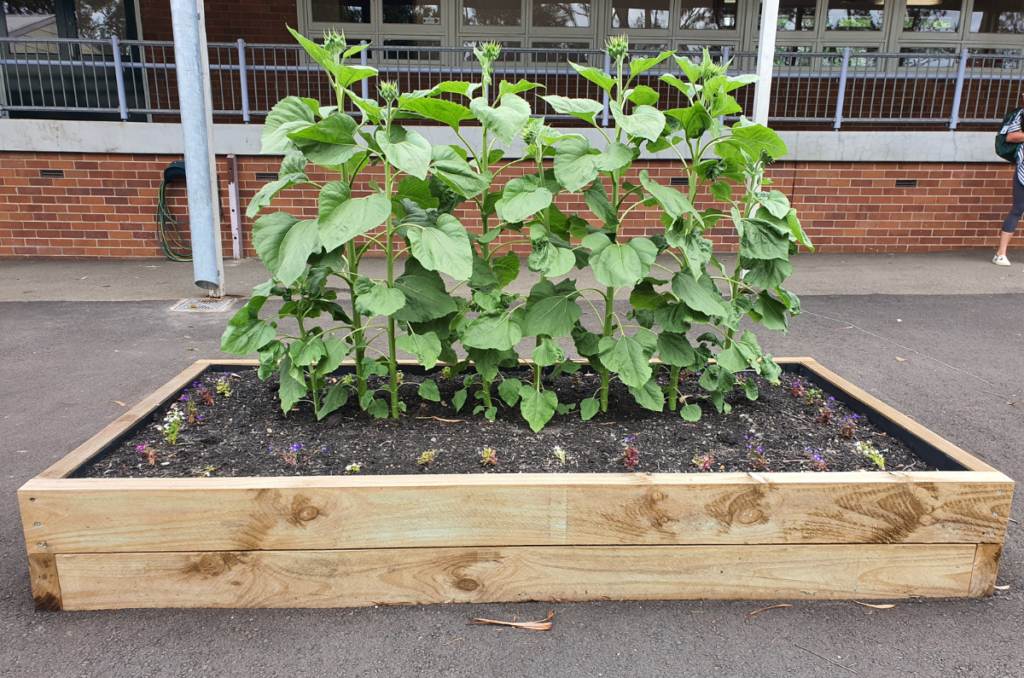
The Allelopathy Connection
- Definition and Background: Allelopathy refers to the ability of certain plants to release chemicals that influence the growth and development of other plants. Some researchers believe that sunflowers, particularly their roots and leaves, release allelopathic compounds that impede the growth of neighboring plants.
- Scientific Studies: Despite the widespread belief in sunflowers’ allelopathic effects, scientific studies have shown mixed results. Some studies indicate that sunflowers may produce allelochemicals, while others suggest the absence of significant inhibitory effects.
- Factors Affecting Allelopathy: It is important to consider that even if sunflowers do release allelochemicals, the concentration and persistence of these chemicals in the soil may vary based on factors such as soil type, sunflower variety, and growth stage. Additionally, the sensitivity of different plant species to these substances might also influence their growth response.
From what I have observed in my garden, whenever I plant sunflowers, they are almost free of weeds at their base. However, correlation does not necessarily mean causation, which leads to our next heading.
Other Factors Influencing Plant Growth
- Competition for Resources: In any garden or natural setting, plants compete for essential resources like sunlight, water, and nutrients. Sunflowers have extensive root systems that could potentially outcompete other plants, leading to reduced growth. However, this competition is a natural occurrence and not specific to sunflowers alone.
- Shading and Moisture: Sunflowers, with their tall stature and broad leaves, may cast shade on nearby plants, limiting their access to sunlight. Similarly, their dense canopy can intercept rainfall, restricting water availability to neighboring plants. These physical factors can potentially affect the growth of plants in their vicinity.
According to the research, it is more likely that these are the reasons why your sunflowers are “preventing” other plants from growing nearby.
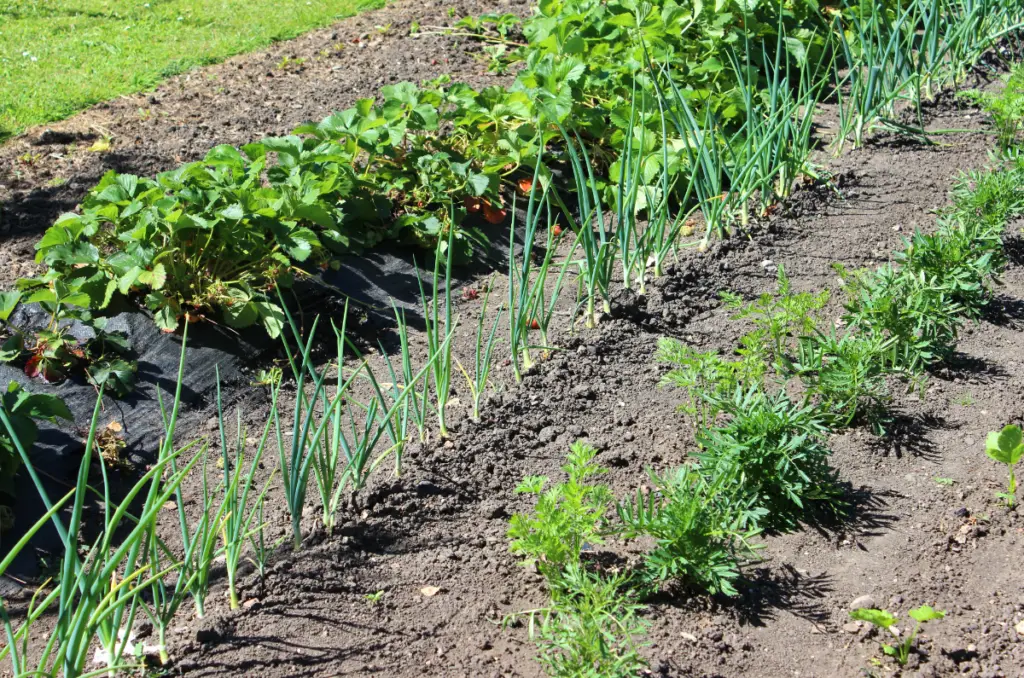
Enhancing Coexistence in the Garden
- Strategic Planting: If you wish to grow other plants alongside sunflowers, consider strategically planting them at appropriate distances to reduce resource competition and ensure adequate sunlight and water availability. Companion planting can also be practiced, where compatible plant species are grown together to maximize mutual benefits.
- Soil Management: Regular soil testing and amendment can help create favorable conditions for overall plant growth. Focusing on improving soil fertility, organic matter content, and drainage can provide optimal conditions for various plants to thrive in the presence of sunflowers.
Frequently Asked Questions
Some plants that may be affected by sunflowers include beans, lettuce, spinach, and potatoes. However, research on allelopathy can vary, so it’s always a good idea to check companion planting guides for specific information.
Yes, sunflowers can be companion plants for some crops! They can attract pollinators that benefit other plants nearby. Sunflowers can also provide some shade for heat-sensitive plants. However, it’s important to choose companion plants carefully, considering allelopathic effects and spacing needs.
Yes! Many flowering plants are known to attract pollinators. Consider planting a pollinator garden with a variety of native wildflowers or herbs.
Even More Gardening Ideas
Here are a few more posts to get the ball rolling in your garden!
Products
For all-purpose organic fertilizers, check out Arber.
To buy organic, non-GMO garden seeds, check out SeedsNow.
For a wide selection of garden plants, check out Nature Hills Nursery.
For gardening equipment, check out Bootstrap Farmer.
Conclusion
Contrary to popular belief, sunflowers alone do not possess the magical ability to prevent other plants from growing. While they may exhibit certain characteristics that can influence their neighboring flora, such effects are not exclusive to sunflowers and can be mitigated through appropriate garden management practices.
Embracing diversity and implementing strategies that promote coexistence in the garden will allow you to enjoy the beauty of sunflowers alongside a thriving and harmonious plant community.
If you want to learn more about gardening, foraging, nature, and sustainability, check out The Real Gardener on Instagram, YouTube, and Pinterest.
Pin this post for later:

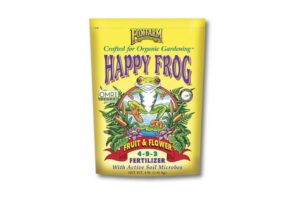
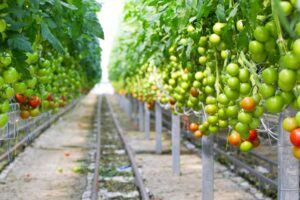
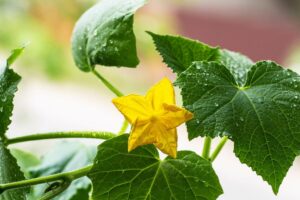
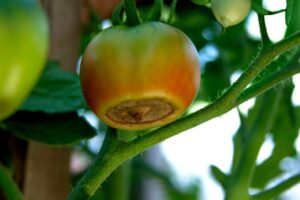

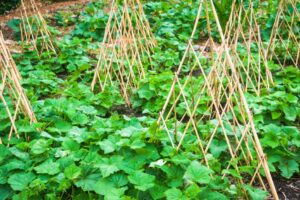
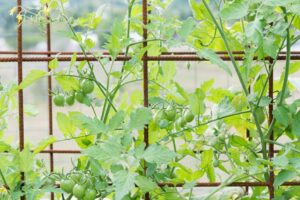
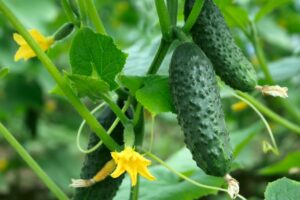
Leave a Reply